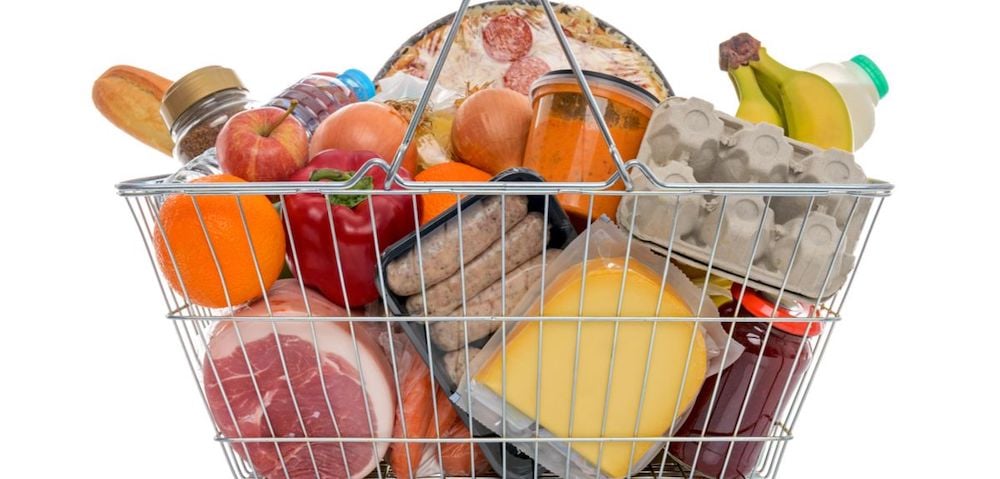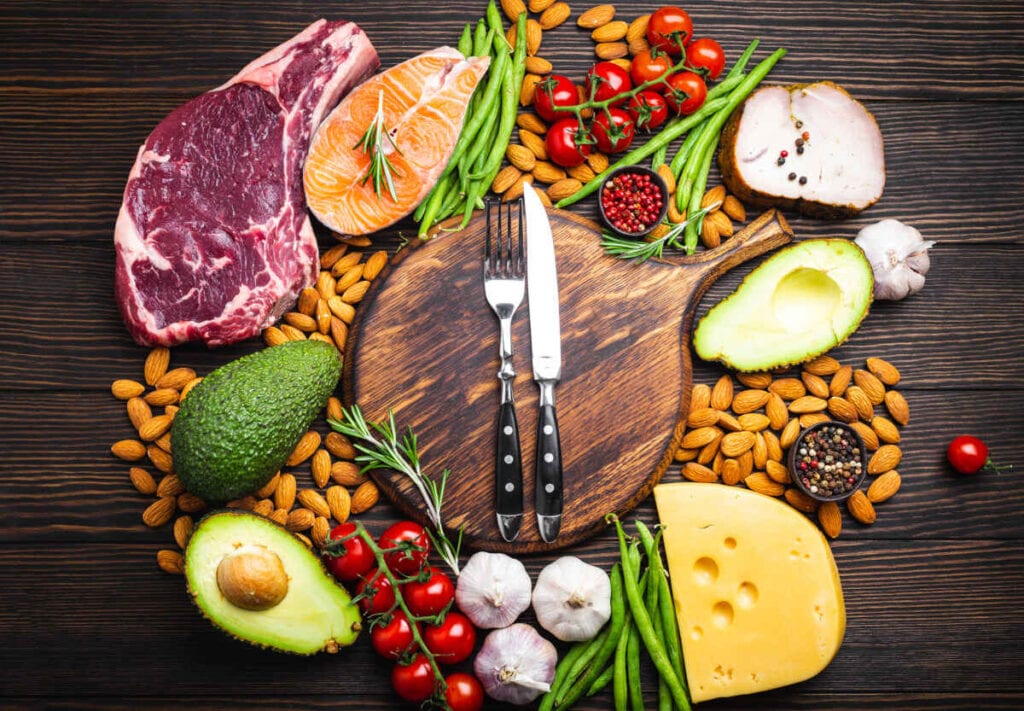
5 Things That Can Hamper Your Food and Beverages Business
The food and beverages industry faces a lot of unique challenges that are not faced by the other industries. Entirely dependent on customer satisfaction for their business, this industry struggles with changing customer demands on a regular basis. To stay afloat, they must give their customers exactly as they want. Additionally, since tastes are purely subjective and appeal differently to different people, catering to wider public demands is also extremely essential.
Millennials these days are also actively seeking healthier and cleaner food alternatives. Further, the concern about climate change is also growing (rightly so), and this has led to customers seeking a more environmentally-friendly method of serving food and packaging. This has gradually turned into a full-blown trend, forcing food and beverages brands to go organic, natural, and healthier to satisfy customer demands. However, this is a huge disadvantage when it comes to larger businesses that have been running for quite some time because they need more time to entirely change the way they conduct their business.
Social media can also affect your food and beverages business negatively because negative reviews mean bad publicity. This article curates the major problems that hamper the food and beverages industry. Read on, if you wish to know the issues you need to watch out for if you’re a business owner or planning to open a business in this sector.

The Millennial Demand
Millennials are driving the market of today. They are the primary customers of the food and beverage industry and their social media uploads are driving the businesses of many such companies. However, the influence of millennials might make or break your business. They now prefer snack foods over conventional meals, preferring to buy food with a variety of flavors and looking for authentic delicacies. Millennials value product traceability and business transparency.
To tackle the difficulties of rising consumer demand, the food and beverage sector is trying to put more sustainable packaging and distinctive products on the shelves and online. Manufacturers have responded by emphasizing their goods’ origins and developing products with “clean labels,” which disclose as few components as possible while ensuring that those substances are easily identifiable. However, not all businesses have been swift enough in their transition into millennial-friendly service and this has much hampered their growth.
The Environmental Factor
Plastic has been the largest contributor to world environmental pollution and climate change is finally rampantly visible. As a result, the conscious customer has taken note of it and they are actively demanding a reduction in plastic usage. To comply with their demands and also because it has finally realized the grave condition that the world is in, governments have been imposing a ban on plastics.
In spite of being extremely convenient, replacing plastic with other environmentally friendly options has become the new cool. Customers all around the globe are preferring “eco-friendly” and the same term on the various packaging materials is garnering more appreciation. If you want your business to combat this new challenge and stay afloat, you can also go eco-friendly. Alternatives like the glass bottle are a great option and the perfect jars design to match your aesthetic.

The Growing Trend of Veganism
People are altering their eating habits as a result of their rising concern for animals. The demand for meat and other goods has decreased significantly as more customers seek vegetarian and vegan alternatives, creating one of the biggest problems in the food and beverage sector. People choose to buy items with labels like “humane-certified” and “cage-free” because of social platforms and internet information portals that raise awareness about animal mistreatment.
Manufacturing animal-safe goods has become one of the most difficult issues facing the food and beverage sector, since food producers must retain their ethical reputation about animal cruelty. Hence, to combat this challenge, many food and beverage industries are going completely vegan and vegetarian. Others are catering to their vegan and vegetarian customers by providing them with ample food choices.
The Health-Conscious Customer
Food-related diseases are becoming more common, prompting consumers to make important dietary and lifestyle adjustments, making them more health-conscious than ever. Automatically, customers are drawn to meals not having additional preservatives that might be harmful to one’s health. The market for items that do not bear the “healthy” label is sure to fall, and in order to stay on top, food and beverage executives must eliminate artificial components from their products, which has emerged as one of the primary problems they confront.
Obesity is another emerging factor and food with high calorie contents, sugar, and preservatives are also being generally avoided by the consumers. Customers are looking for food that are healthy alternatives, yet taste equally good. They are demanding products that are nutrient-rich and steeped with the goodness of vitamins and minerals. Hence gluten-free, lactose-free, and organic foods are slowly making it to the market for their positive health impacts. So, if you own a business, it is imperative that you make the transition from oily and sugary food to their healthy alternatives.

Obsession about Ingredient Transparency
With the gradual rise in customer interest in the content of their food, food manufacturers and producers all around the world are slowly focusing on ingredient transparency. End-to-end traceability has emerged as one of the current trends in the food and beverage sector, with public faith in food supply chains dwindling and knowledge of flaws in the F&B supply chain increasing over the last decade or so. Ingredient labelling has thus become the new important factor and businesses around the world are working to reveal the exact raw materials that go into making their products and their nutrient values.
The obsession about food transparency is furthered by the impact on social media on the lives of consumers and its influence on them to eat healthier. Hence, to meet these demands, you must ensure to label your products exactly without any excess or false ingredients so that your customers get an exact idea of what you have included.



